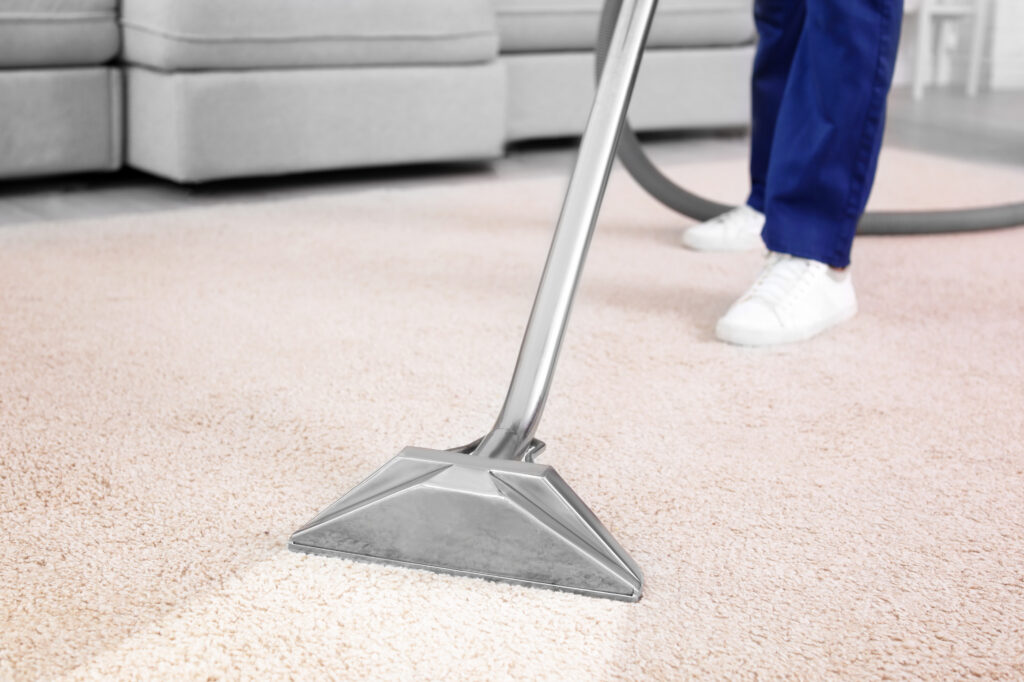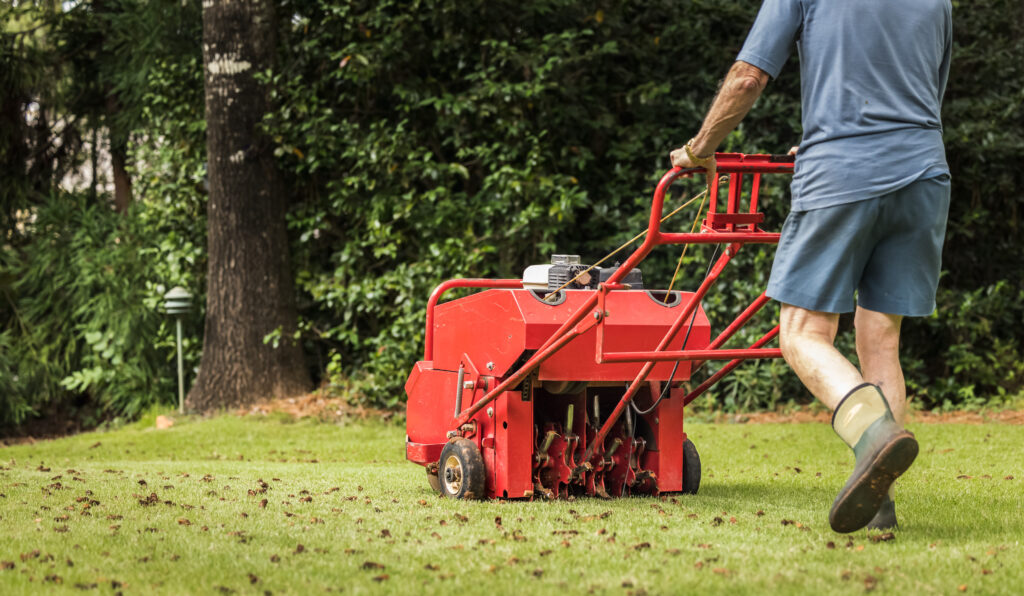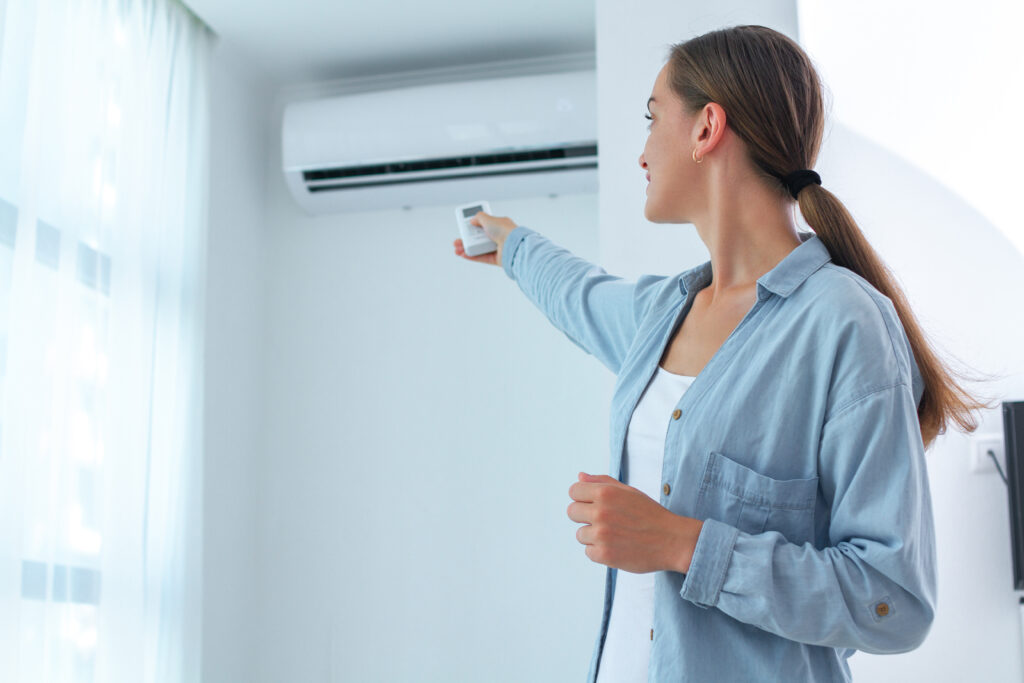How to Get Odors Out of Carpet: A Homeowner’s Guide to Fresh Floors
Let’s be honest—carpet odors are one of those nagging household mysteries. You vacuum, maybe light a candle or two, and still catch that faint smell of… something. Whether it’s from pets, moisture, old spills, or just general life happening, smells can cling to carpet fibers like they’re paying rent. If you’re a homeowner trying to get to the bottom of funky-smelling floors, you’re in the right place. Understanding how carpets retain odors, what methods actually work to get rid of them, and what home systems or products can help is kind of a game-changer. And hey, while we’re on the topic, knowing how your home warranty fits into all this? Super useful. Let’s unwrap this one layer at a time, shall we?
Why Carpet Holds Onto Odors and What’s Really Going On
Carpet isn’t just fabric you walk on. It’s basically a giant sponge. Each fiber soaks up scent particles from foot traffic, cooking, pets, moisture, and plain ol’ dust. And unlike hardwood or tile, carpet holds onto those little scent bombs like your aunt saves wrapping paper—tightly and forever. This is especially problematic in rooms with poor ventilation or high humidity. Over time, those smells evolve, decomposing differently and interacting with your HVAC system, making them harder to pinpoint—or ignore.
Here’s where it gets sneaky though: sometimes the odor isn’t even in the carpet itself. It might be in the padding underneath, or even in the subfloor. So if sprays and candles have been your go-to solution, yeah, not gonna cut it. To really tackle this issue, we’ve got to go deeper—figuratively and literally—and think like a homeowner who wants their home to be not just clean, but confidently clean.
The Science Behind Odor Removal: More Than Just a Good Vacuum
First thing you need to know: there’s short-term odor removal, and then there’s real elimination. Baking soda, for example, is often touted as the magic fix. And it’s… okay. It can absorb some odors, sure. But it doesn’t always reach deep enough. Enzymatic cleaners? Better. These break down bacteria and organic compounds that actually cause the stink in the first place. Especially if you’re dealing with pet accidents or food spills, enzyme cleaners are worth their salt—er, solution.
Steam cleaning is another powerhouse method. Superhot water penetrates into the fibers, loosening trapped particles. But don’t forget: unless your carpet is 100% synthetic, too much moisture can backfire. You don’t want to solve one problem (odor) and create another (mold). Which—yikes—is a whole new level of odor you do not want. If your carpet is regularly exposed to water or you live in a high-humidity area, you should be checking for mold or mildew under there as part of your seasonal home maintenance routine.
Home Systems That Impact Your Carpet Cleanliness
Okay, brace yourself for a quick pivot—but stick with me. Your HVAC system isn’t just about temperature control. It also affects home humidity, air circulation, and yes, odor movement. If your HVAC system has dirty air filters or isn’t dehumidifying properly, that weird musty smell that seems to be “everywhere” could be coming from the ductwork—or poor airflow in general.
And ventilation? Crucial. Homes that are sealed too tightly (hello, energy efficiency) may have limited fresh air coming in, which means odors linger longer. Regularly running exhaust fans, opening windows when possible, and even installing an air purifier can help keep those odors from setting up residence in your carpets long-term. Plus, keeping your HVAC maintained under a home warranty? That adds a safety net so unexpected issues don’t snowball into smelly situations.
Quick Carpet Odor Fixes That Actually Work (When You’re in a Rush)
Sometimes you just don’t have time for a full-on deep clean. Guests are on the way, maybe a toddler left behind a milk bottle (again), or your dog decided that corner was a bathroom. We’ve all been there. In these moments, you need speed, stealth, and something that’s on-hand.
Vinegar and water in a spray bottle can neutralize a lot of organic odors. Not the most glamorous smell right away (it’s vinegar, after all), but it evaporates pretty fast and takes the stink with it. You can also strategically use activated charcoal or coffee grounds placed in bowls for a more passive absorption system that doesn’t scream “I’m fixing a smell problem.” Just set them near carpeted rooms overnight. Also, don’t overlook dry carpet shampoos for a fast refresh—they’re like the dry shampoo version of a carpet deep clean, and honestly? Lifesaver during home showings or unplanned social drop-ins.
When It’s Time to Call the Pros or Replace the Carpet
If you’ve tried all the things—cleaners, vacuums, baking soda, vinegar sprays—and the smell keeps returning like a bad sequel, it might be time to investigate what’s going on under the surface. Padding absorbs spills and stains like a sponge, but unlike the actual carpet, you can’t really treat it once it’s saturated. And if it’s something like a persistent pet accident situation or a water leak from months ago, replacement may be your best bet.
That said, lots of professional carpet cleaning companies now offer odor-targeting treatments using ozone or UV light alongside traditional methods. These go way deeper than DIY tools and might save you the cost and hassle of ripping everything out. If it’s a recurring issue though (especially in basements or high-traffic family areas), you might genuinely want to consider flooring alternatives like laminate or tile—basically something more resistant and less, well, smelly.
Carpet Odor Removal and Home Insurance: Where Home Warranty Comes In
Now here’s something a lot of homeowners don’t think about until they’re knee-deep in repair costs: how a home warranty can help. While your home warranty won’t cover “wear and tear” like carpet replacements, it frequently covers systems that directly affect the lifespan and freshness of your carpets. Think HVAC (regulating humidity), plumbing (preventing leaks), and even sump pumps or dehumidifiers in flood-prone basements. If your carpets are holding onto odors because of system failures—like a leak no one caught or air filters that haven’t been replaced since who-knows-when—home warranties give you a way to manage those problems without draining your savings account.
Wrap-Up: Why Armadillo Home Warranty Can Be Your Secret Weapon Against Smelly Situations
Making your home genuinely welcoming starts beneath your feet—literally. Carpets that trap odors not only affect your space’s vibe but can also point to deeper issues with air quality, water damage, or neglected systems. That’s where Armadillo steps in. With a smart, hassle-free home warranty plan, you’ve got coverage on the systems that matter most: HVAC, plumbing, and more—all of which have a direct or indirect impact on carpet condition. If you’re ready to protect your home from the inside out, check out Armadillo at www.armadillo.one. Ready to go all-in on coverage? You can start building your customized plan today at this easy plan builder link. Trust me, your future self—and your nose—will thank you.


























